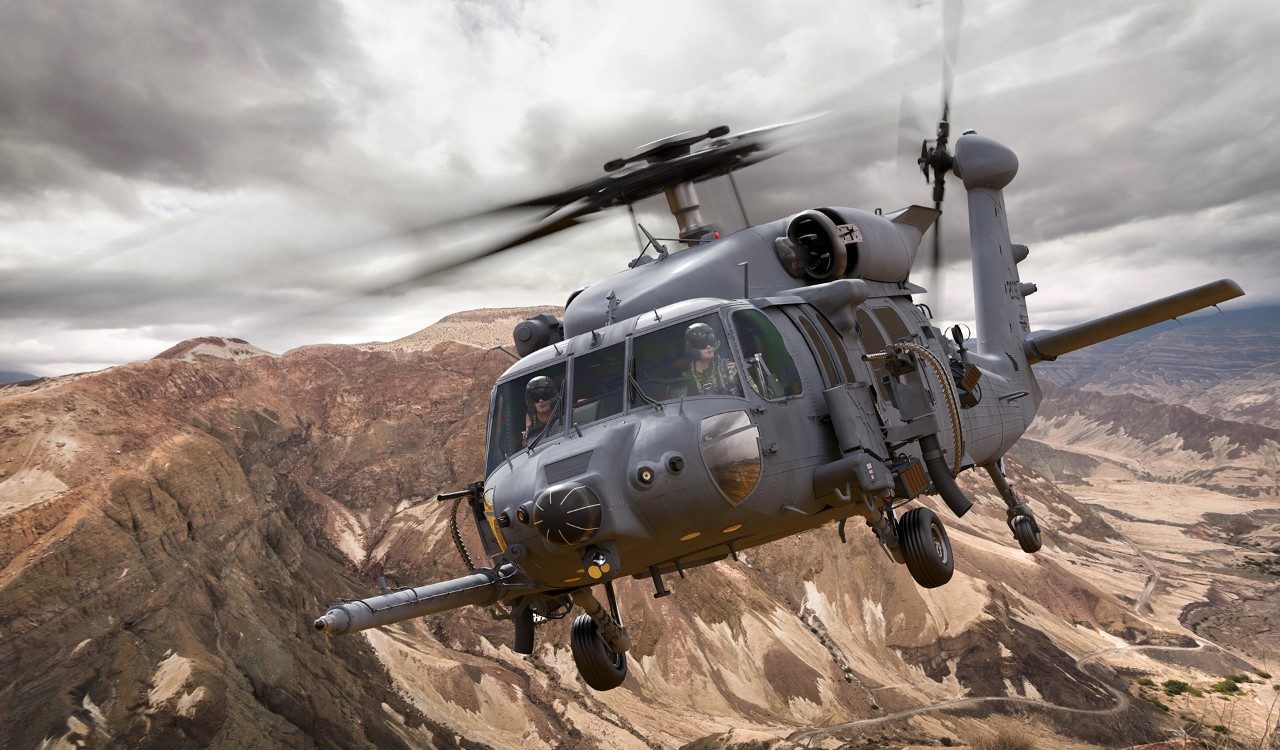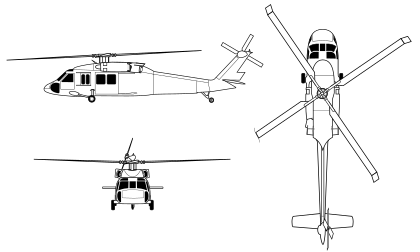UH 60 Black Hawk: From Idea to Contemporary Applications
UH 60 Black Hawk: From Idea to Contemporary Applications
Blog Article
The Influence of Lasting Practices on the Future of Airplane Procedures and Emissions Reduction
As the aviation industry faces enhancing examination over its environmental influence, the fostering of sustainable methods arises as an important path toward future aircraft procedures and exhausts decrease. Technologies in lasting air travel fuels and advancements in crossbreed propulsion modern technologies stand at the center of this transformation, encouraging significant reductions in greenhouse gas exhausts.

Summary of Sustainable Practices
Lasting techniques in aircraft procedures incorporate a series of methods intended at lowering ecological effect while preserving operational performance. These practices are crucial in the aeronautics market's commitment to minimizing its carbon footprint and adhering to worldwide environmental standards. Secret efforts include maximizing trip paths to reduce gas usage, improving maintenance protocols to guarantee aircraft run at peak effectiveness, and applying advanced modern technologies such as winglets and lightweight materials that boost the rules of aerodynamics.

Engaging and educating personnel on sustainability practices also play an essential function, promoting a society of ecological duty within companies. In general, the assimilation of these sustainable techniques not only aids minimize discharges but likewise improves the long-lasting practicality of the aviation market, ensuring it fulfills the demands of both clients and regulative bodies while adding to global sustainability goals.
Cutting-edge Fuel Alternatives
Various innovative fuel alternatives are arising as crucial solutions to minimize the aeronautics sector's reliance on traditional nonrenewable fuel sources. Among these choices, Sustainable Air travel Gas (SAFs) have actually acquired significant focus as a result of their potential to lower lifecycle greenhouse gas discharges by approximately 80% contrasted to standard jet gas. SAFs are originated from different feedstocks, including waste oils, agricultural residues, and even algae, making them a functional alternative for the market.
Another appealing choice is hydrogen fuel, which, when made use of in gas cells, creates only water vapor as a by-product. Additionally, electric propulsion systems are being discovered, leveraging battery technology to power airplane.
Last but not least, biofuels originated from biomass are being examined, providing a sustainable alternative that can be mixed with conventional gas. Collectively, these ingenious gas alternatives represent an important action toward accomplishing a lasting aeronautics community, lining up with worldwide emissions reduction targets and boosting the industry's ecological stewardship.
Technological Innovations in Air Travel

How can technical developments improve the future of aviation? Innovations such as hybrid and electrical propulsion systems are at the center, promising substantial reductions in fuel intake and greenhouse gas discharges.
Additionally, the execution of sophisticated materials, such as light-weight composites, contributes to enhanced aerodynamics and gas performance. Making use of fabricated knowledge and machine discovering in flight operations enhances course preparation and minimizes gas melt by making it possible for real-time Full Article changes based upon climate and traffic conditions. Furthermore, the growth of self-governing and from another location piloted aircraft systems stands to reinvent freight and passenger transport, possibly raising performance while minimizing human mistake.
Moreover, lasting aeronautics innovations, including innovative air website traffic monitoring systems, can reduce and simplify procedures blockage, resulting in reduced emissions during flight. These improvements More about the author jointly represent a standard shift in air travel, promising a future where sustainability and functional efficiency are linked, therefore sustaining the industry's commitment to lowering its ecological effect.

Regulatory Framework and Conformity
Due to the expanding focus on ecological stewardship within the air travel industry, the governing structure controling aircraft procedures is advancing to advertise sustainable techniques. Regulative bodies, such as the International Civil Aeronautics Company (ICAO) and numerous national aviation authorities, are introducing strict standards focused on reducing exhausts and boosting functional effectiveness.
These policies typically include the adoption of Lasting Aeronautics Gas (SAF), which has actually been acknowledged as a key element in attaining reduced carbon footprints. Compliance with these laws needs airlines to carry out advanced innovations and functional methods, such as enhanced trip courses and boosted air website traffic management, to lessen gas consumption.
Additionally, the enforcement of emissions trading schemes and carbon offsetting initiatives is ending up being increasingly common, engaging airlines to check and report their exhausts accurately. Non-compliance can cause considerable charges, thus pushing drivers to focus on sustainability in their company models.
Eventually, the advancing regulative landscape not just drives innovation and investment in environment-friendly modern technologies but also promotes a society of accountability within the air travel sector. As these frameworks remain to develop, the concentrate on lasting practices will be indispensable to accomplishing the industry's long-term ecological objectives.
Future Trends in Airplane Workflow
As the air travel sector adapts to an increasingly stringent regulatory setting, future fads in airplane operations are readied to concentrate on ingenious remedies that additionally improve sustainability and efficiency - uh 60. Key growths will likely include the adoption of advanced air website traffic monitoring systems, which utilize real-time information and man-made knowledge to enhance trip paths, minimizing gas intake and exhausts
One more substantial trend is the raised combination of sustainable aviation gas (SAFs) These options to traditional jet home fuel, originated from renewable sources, can substantially decrease lifecycle greenhouse gas emissions. The industry's commitment to SAFs will likely accelerate as airline companies collaborate with fuel producers to ensure schedule and cost-effectiveness.
Furthermore, the press in the direction of electrification and crossbreed propulsion systems is obtaining momentum. Emerging airplane styles will include these innovations, providing quieter and a lot more effective operations, particularly for short-haul trips.
Conclusion
The fostering of lasting air travel fuels, paired with innovations in electric and hybrid propulsion systems, is necessary for decreasing lifecycle greenhouse gas exhausts. Enhancing flight paths and embracing cutting-edge innovations add to a quieter and extra eco friendly aeronautics industry.
Innovations in lasting aviation fuels and improvements in hybrid propulsion innovations stand at the forefront of this improvement, encouraging substantial decreases in greenhouse gas exhausts.Many cutting-edge gas choices are emerging as pivotal solutions to decrease the aeronautics industry's reliance on traditional fossil gas - uh 60. Among these options, Lasting Aviation Fuels (SAFs) have actually acquired substantial focus due to their possible to reduce lifecycle greenhouse gas discharges by up to 80% compared to standard jet gas.One more considerable pattern is the boosted combination of lasting air travel gas (SAFs) The adoption of sustainable aviation gas, coupled with developments in electric and hybrid propulsion systems, is necessary for lessening lifecycle greenhouse gas emissions
Report this page